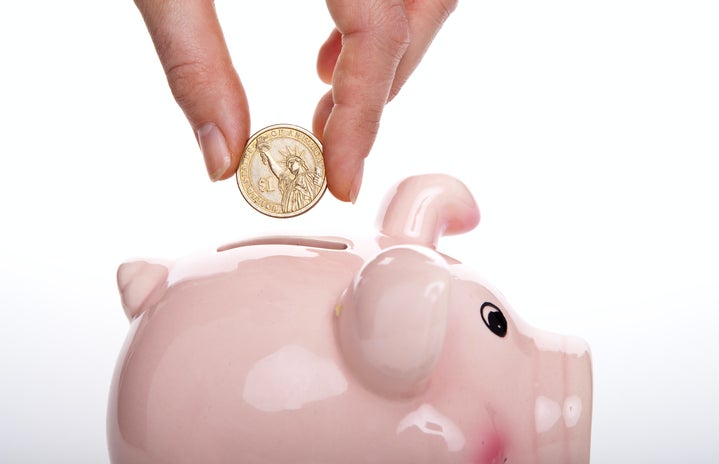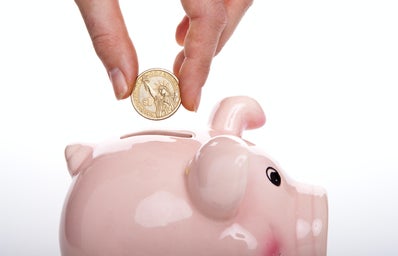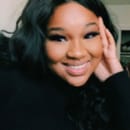As tensions in the country continued to mount in the days leading up to the 2020 Presidential Election, I reflect on what my position is in this society, both currently and within a broader historical context. I am a Black woman. And whether or not, I want to be reminded of exactly what that means—i.e. the gravity of living this identity—I will be anyway, because each day I’m reminded similarly in the news and on social media that in this country, it means nothing and neither do I.
How I engage with the outside world—or rather how the world engages and interacts with me—is greatly shaped by the 400 years of chattel slavery, Jim Crow laws, and sexual violence the Black diaspora has suffered. I’m grateful that I haven’t been subjected to excessive force such as in the case of Dalia Kafi who had been slammed onto the floor by a white male police officer named Alex Dunn while in police custody. But violence as a subjugation tactic is not always physical. Quite the contrary, covert violence*, in my opinion, is equally heinous as overt violence and can be thought of as the day-to-day oppression Black people are disproportionately confronted with. This plays out in many different ways but some of the most common types of covert violence include micro-aggressive language and behaviors, in which minorities (in this context Black men and womxn) constantly grapple with racial insensitivity in education, the workplace, and other public spaces.

And now in 2020, racial tensions are especially turbulent, having accelerated in recent years with the advent of the BLM and #SayHerName social justice movements that fight to challenge hate crimes and government-sanctioned brutality. In spite of all the turmoil, activism and liberation efforts have not been deterred, especially among Black youth (usually Black womxn and queer Black folk) who use social media to communicate their needs and concerns.


Essentially, I think this country owes it to the people to try righting some of the wrongs that perpetuated daily. Granted, the havoc that has historically plagued minorities can never be made up for but there are things—such as the distribution of reparations and support—that can be done to alleviate social and financial tensions. If you are interested in finding out how you can support the Black community, check out some of these resources or you may Google search other organizations if none of these are to your liking. While donations are welcomed, the power of disseminating important information is vital. Please, do your part.
*Overt/Covert racism is referred to as overt/covert violence in this article because racism is violence.



